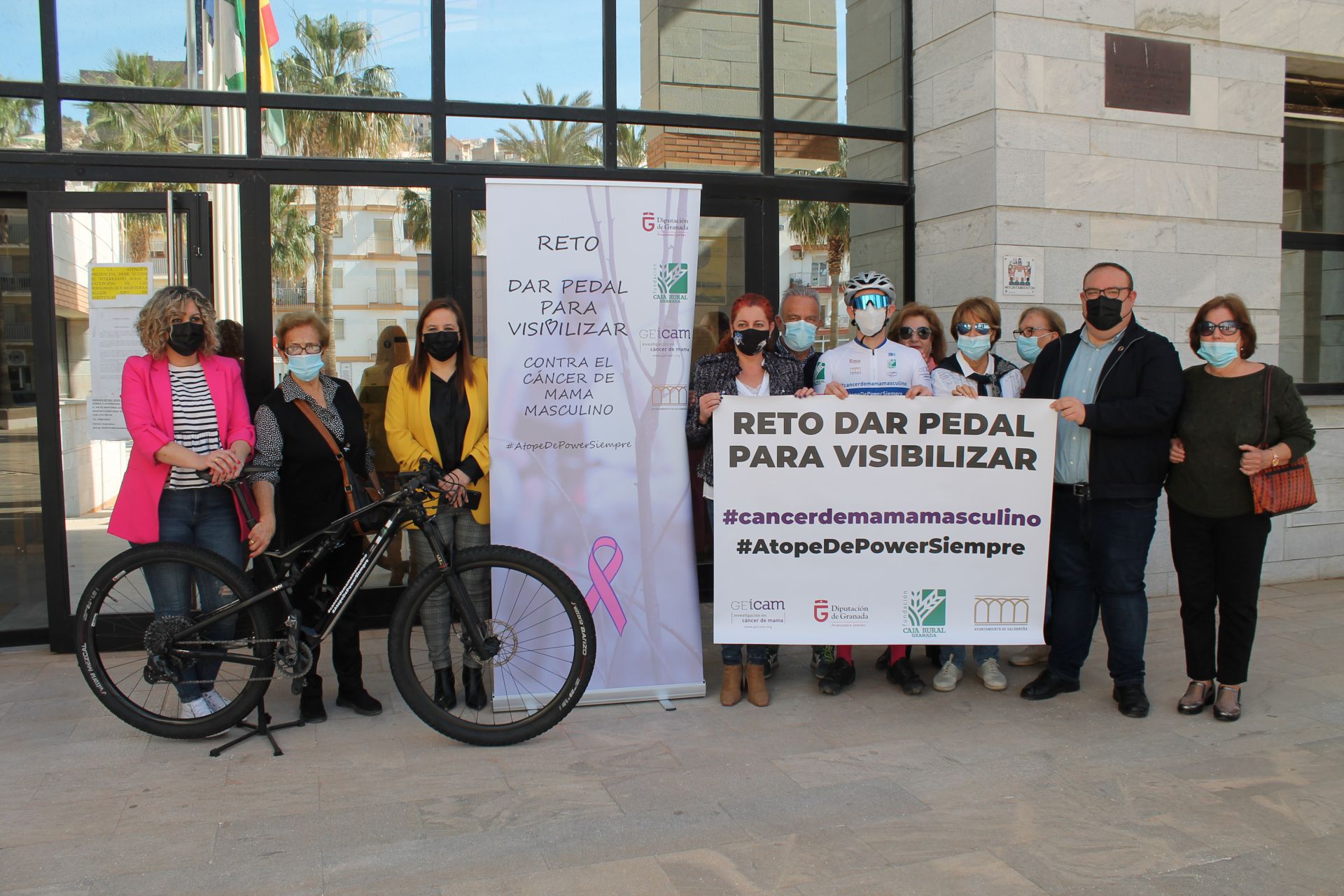–
–
Swedish Prime Minister Magdalena Anderson with Finnish counterpart Sana Marin PHOTO: Reuters
–
If Finland joins NATO, the Alliance’s border with Russia will double. On the other hand, NATO will be able to rely on one of the largest and most modern armies in Europe, he wrote Deutsche Welle.
Currently, the land border between NATO and Russia is 1,300 kilometers. It would double to 2,600 kilometers if Finland joined the Alliance.
If Helsinki becomes part of the Alliance, it will significantly increase NATO’s eastern flank, which must be guarded, but on the other hand, a well-trained and well-armed Finnish army would only benefit the Allies. “Finland continues to have a conscription service. Finland is able to mobilize an army of 280,000 troops. It is a fairly large army in modern Europe,” said Professor Jakob Vestberg of the Swedish University of Defense in Stockholm.
And if Sweden, which has no border with Russia, joins the Alliance, it will greatly simplify NATO’s operations in the Baltic Sea – in which case all coastal states outside Russia will be members of the Western military alliance. Sweden would bring the island of Gotland into NATO, from which much of the Baltic Sea and the Baltic states as a whole could be defended.
“It will be more difficult for Russia to operate in the Baltic Sea. Sweden has five very modern submarines that would complement the fleets of Poland and Germany,” military expert Westberg told the DV. In addition, the Swedish Air Force has over 100 modern fighters.
The armies of Finland and Sweden have been cooperating with NATO for a long time
From a military point of view, Finland and Sweden are ready to join immediately, according to NATO headquarters in Brussels. Their armies have been cooperating with Alliance forces for years. Finnish and Swedish troops have joined the NATO-led mission in Afghanistan. And both countries have been working closely with the United States in the field of armaments and training since 2015. Finnish Prime Minister Sana Marin has been demonstrating for weeks that she has a clear course towards NATO. The Finnish parliament will soon discuss a new defense plan after Russia’s attack on Ukraine. The decision is expected to be made by the end of June.
Most Finns are in favor
Former Finnish Prime Minister Alexander Stubb believes the dice have already been rolled – given that according to recent polls, 62 per cent of Finns support giving up “active neutrality” and joining NATO. “Our population is guided by what I believe is a justified fear: if Putin can kill his sisters and brothers in Ukraine, why can’t he do the same with Finland?” Stubb told the State Security. The leading feeling is that Finns never want to be left alone again, as during the war with the Soviet Union in 1939/1940, when Finland lost about 9 percent of its territory, adds Stubb.
And Sweden is rethinking its neutrality
The Swedish position is more defensive. After meeting with her Finnish counterpart, Prime Minister Magdalena Andersson said the new security situation needed to be discussed in detail and quickly. “We in Sweden believe that for 200 years, since the time of Napoleon, we have had peace because we have rejected all military alliances,” said defense expert Jakob Westberg. Now this effective neutrality is in question, Westberg notes. “We need to reassess the situation with our security.”
In Sweden, the ruling Social Democratic Party must change its initial position on NATO membership in order for it to become a reality. Elections are set to take place in the autumn, and it is not entirely clear when the decision to renounce neutrality could be made.
NATO is opening its doors wide to Stockholm and Helsinki
At the last NATO summit in Brussels, the heads of government of Sweden and Finland felt the mood on the issue of eventual membership. NATO Secretary General Jens Stoltenberg has made no secret of the Alliance’s support for the two countries’ accession.
Nor do they need a long-term accession process, such as Western democracies and long-standing NATO partners. The current 30 countries that are members of the Alliance must unanimously agree to the accession of Sweden and Finland to the organization. However, as no one has expressed a dissenting opinion so far, an invitation to start accession talks could be extended at the planned NATO summit in Madrid at the end of June.
200 km from St. Petersburg
As might be expected, the Russian leadership has sharply criticized the possible expansion of NATO. “We have repeatedly said that the Alliance remains an instrument of confrontation and that its further expansion will not bring stability to the European continent,” said Russian President Dmitry Peskov’s spokesman.
With the accession of Finland, NATO will come very close to Russia. In this situation, Russia’s border with NATO in the northwest will be only 200 kilometers away from St. Petersburg.
–


